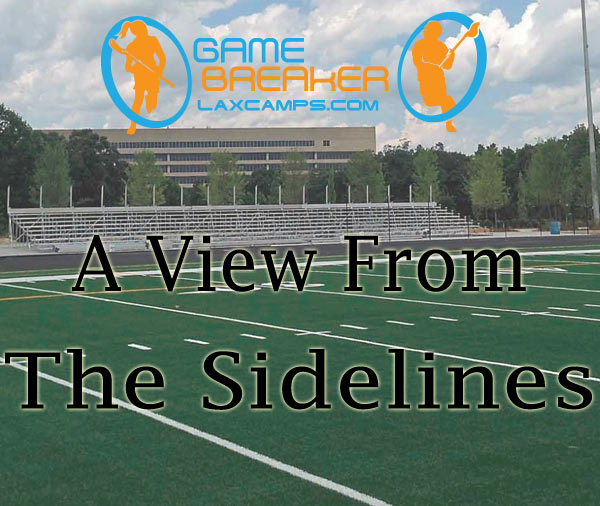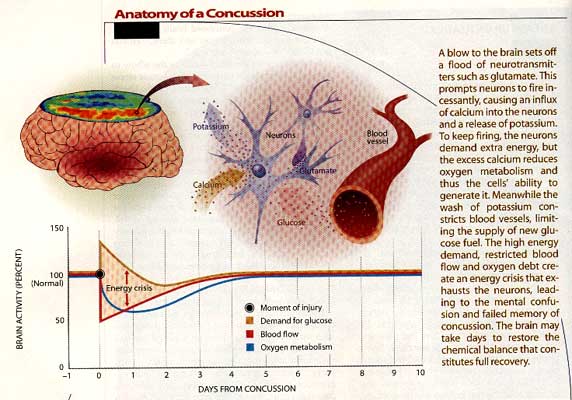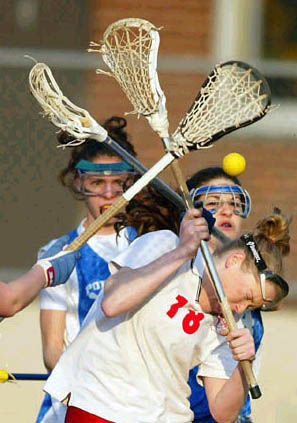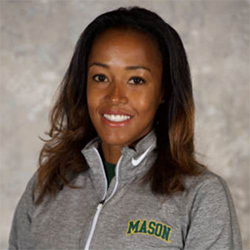Lacrosse Camp Registration Forms

By Coach T
As a high schools coach in Connecticut this the first year that the state required all coaches to pass a mandatory concussion education program. For me this program was excellent the training and information has helped me do a better job making sure my players are safe in games and practices.
Growing up as a hockey, lacrosse, football and soccer player, having your “bell rung” was just part of the game. I had my fair share of those hits and can recall some of them and the lingering headaches and dizziness. Back then it was part of the game and you ignored the pain to help your team reach its goal.
Earlier in my career, the biggest problem I faced as a coach was I didn’t know how serious a concussion is, or specifically what symptoms to look for after a potential concussion had occurred. Hopefully this blog can help to raise awareness for youth coaches, players and parents.
What is a concussion?
A concussion is a complex pathophysiological process affecting the brain, induced by traumatic biomechanical forces that may or may not result in loss of consciousness or amnesia. Stated in more simple terms – a concussion occurs when the brain impacts the skull which causes bruising and swelling. This increase of blood flow to the bruise triggers a nuerometabolic cascade, which is a series of events that are important to understand for the recovery process.

The nuerometabolic cascade causes an energy crisis, which causes the symptoms of a concussion
What causes a concussion?
Concussions in lacrosse can occur from a number of actions:
Direct blow to the head:
In men’s lacrosse this could be a head to head collision, or a head to playing surface collision. In women’s lacrosse, concussions often occur from stick to head impact, head to head collisions and head to playing surface impact.
In-direct blow to the head:
When a player’s body receives a blow that causes the head to be jolted with a sufficient amount of force. That means you could experience a concussion from a body check, especially if your head and neck whiplash in response to the hit without any contact to your head.
Do I need to lose consciousness to be concussed?
 No, being knocked out probably means you did get a concussion, but not all concussions will result in a loss of consciousness.
No, being knocked out probably means you did get a concussion, but not all concussions will result in a loss of consciousness.
In women’s lacrosse concussions are often a result of checks to the head and ball to head collisions.
I got hit pretty hard, but I am not sure if I have a concussion. What are the symptoms?
The most common symptoms that someone will report and % reported:
- Headache (71%)
- Feeling slowed down (58%)
- Difficulty concentrating (57%)
- Dizziness (58%)
- Fogginess (53%)
- Fatigue (50%)
- Blurred or double vision (49%)
- Sensitivity to light (47%)
- Memory dysfunction (43%)
- Balance problems (43%)
My teammate or player was involved in a significant collision, I am not sure if they are concussed or not. What should I look for?
Most common signs someone is concussed:
- Vomiting
- Appears dazed/stunned
- Has a vacant stare
- Seems confused
- Drowsiness
- Seems uncoordinated or unsteady
- Changes in mood
- Loss of consciousness
Ok, I am experiencing some of these symptoms/ my teammate/player is showing signs of a concussion. What should I do?
After any major hit the player should immediately be removed from play. The player should then be assessed. If there is not a medical professional available, ask a series of simple questions. Examine the player’s awareness and response time. Have the player remain off the field and monitor their behavior. In some cases concussion symptoms may not show immediately but will be delayed. When in doubt we should pull the athlete from competition and seek a trainer evaluation.
Ok we have a confirmed concussion, now what?
If the player is unconscious, call medical emergency or trainer. Keep the head and neck steady and use icepacks to cool the head. This should help reduce brain swelling. If the player is conscious, get them into the shade, use ice and water to cool the head. Contact the doctor and get the player to the hospital. Continue to monitor the player’s awareness, and have them describe their symptoms.
How do I treat a concussion?
Brain injuries are similar to any other injury with regards to treatment. The best way to treat a concussion is with rest and hydration. Unlike other parts of your body, you cannot do any sort of rehabilitation to expedite the process. The recovery time is going to be different for each individual and depend on several factors: severity of the concussion, age, how they take care of themselves after the concussion.
As we know there is an energy crisis in the brain due to the neruometabolic cascade, so the more we ask our brain to do the longer the cascade and concussion symptoms will continue. Players with concussions should not participate in any physical activity as an increase in blood pressure will increase blood flow to the brain. Students with concussions should not attend classes or try to mentally exert them self by attending practice and taking notes. Children with concussions should avoid video games, TV and movies.
Concussions are a very serious injury and should be treated very carefully. Failure to recognize and take action can have very serious effects. I hope this blog has helped to raise awareness for coaches and players. Find us on Facebook and twitter to share your thoughts, or ask questions about lacrosse and concussions.
Finally here is a great video that does a good job of explaining the recovery process, in a short and informative manner.



